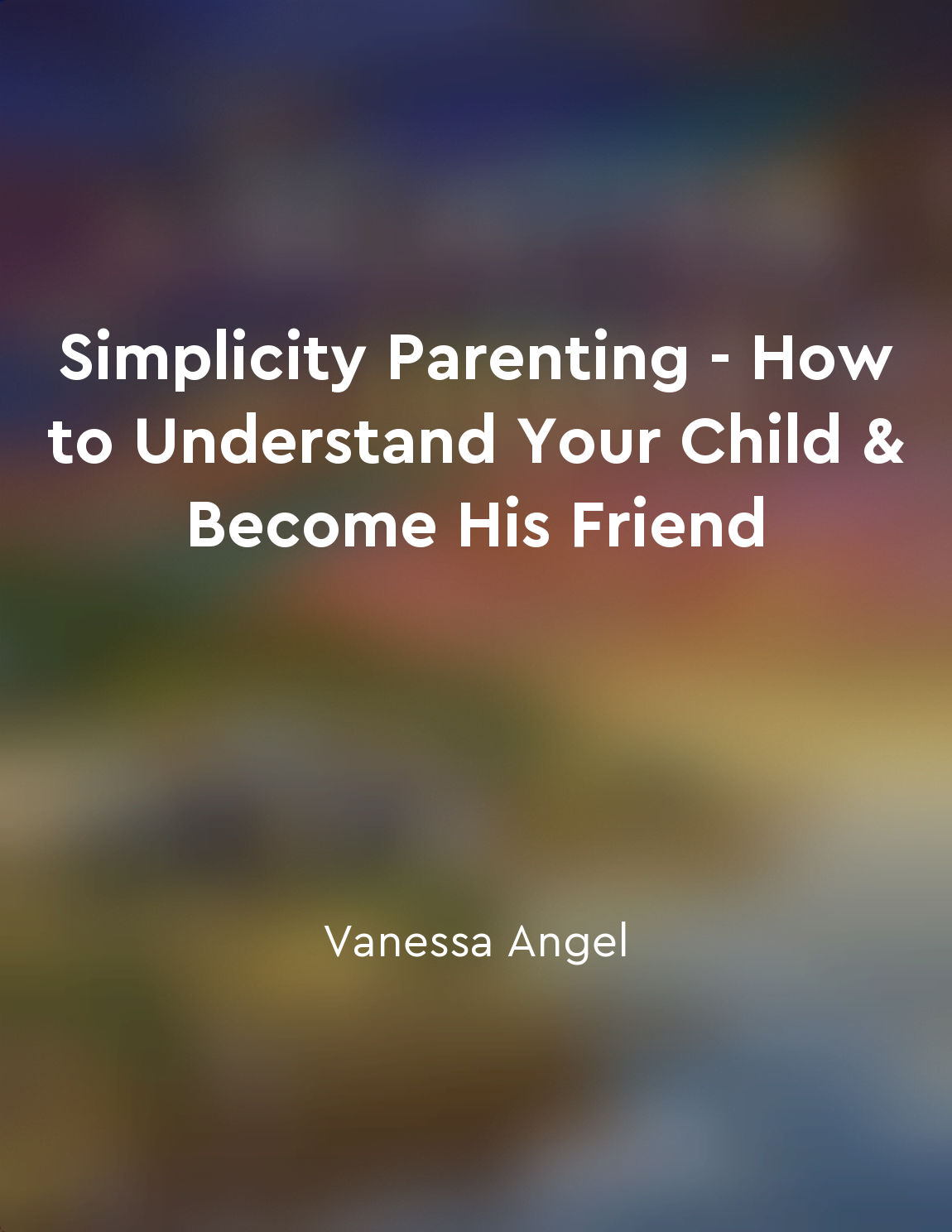Audio available in app
Activities for building confidence and selfesteem from "summary" of The Preschooler's Busy Book by Trish Kuffner
Building confidence and self-esteem in preschoolers can set a strong foundation for their emotional well-being and future success. It is essential to provide children with opportunities to explore their interests, try new things, and overcome challenges. By engaging in activities that promote self-expression and positive reinforcement, children can develop a sense of accomplishment and belief in their abilities. One way to boost confidence is through creative expression. Encouraging children to draw, paint, or create art allows them to showcase their unique talents and ideas. Praising their efforts and displaying their creations can help them feel proud of their work. Additionally, participating in dramatic play or role-playing activities can help children build confidence in social settings and develop communication skills. Physical activities are another effective way to build confidence. Engaging in sports, dance, or yoga can help children develop physical strength, coordination, and perseverance. Setting achievable goals and celebrating small victories can reinforce their belief in their abilities. Moreover, outdoor activities such as hiking, biking, or gardening can instill a sense of independence and resilience in children. It is crucial to provide a supportive and nurturing environment for children to explore and learn. Encouraging them to make decisions, solve problems, and take risks can help them build confidence in their decision-making abilities. Offering praise, encouragement, and constructive feedback can reinforce positive behavior and boost self-esteem. Engaging children in group activities and collaborative projects can foster teamwork and communication skills.- Building confidence and self-esteem in preschoolers is essential for their overall well-being and development. By engaging in various activities that promote self-expression, physical strength, and social skills, children can cultivate a positive self-image and belief in their abilities. Encouraging them to explore their interests, set goals, and overcome challenges can help them build resilience and confidence in themselves.
Similar Posts

Focus on building a strong and trusting relationship
Building a strong and trusting relationship with your child is the cornerstone of gentle parenting. It is the foundation upon w...

Cultivate a love of nature
Encouraging our children to develop a deep appreciation for the natural world is a gift that will stay with them for a lifetime...

Celebrate each milestone and achievement in your child's development
As your child grows and develops, it is important to recognize and acknowledge the milestones and achievements he reaches along...
Use consequences that teach rather than punish
When your child misbehaves, it's natural to want to punish them. After all, punishment seems like the most straightforward way ...

All individuals have the capacity to be creative
The concept that all individuals possess the potential for creativity is a fundamental belief in the field of psychology. This ...

Celebrate milestones, big and small
It's easy to get caught up in the chaos of daily life with little ones. Diapers to change, meals to prepare, tantrums to manage...
Naturebased activities can strengthen family bonds and create lasting memories
One of the most powerful ways for families to connect and build strong bonds is through engaging in activities in nature. When ...
Consistent and fair discipline builds trust and security
Consistent and fair discipline is a key element in building trust and security in the parent-child relationship. When parents c...
Encourage respect for diverse perspectives and experiences
The world is full of different people, with different backgrounds, beliefs, and experiences. It's important to remember that no...
Use positive reinforcement to encourage good behavior
Positive reinforcement is a powerful tool that parents and teachers can use to encourage good behavior in children. It involves...

